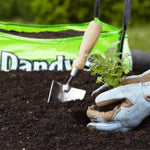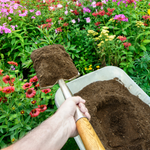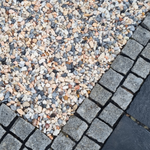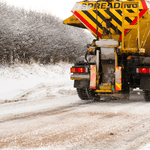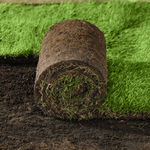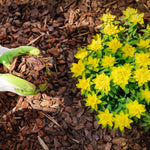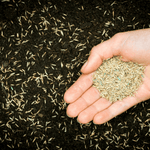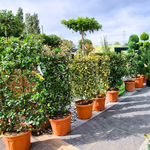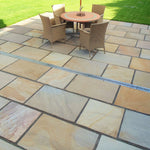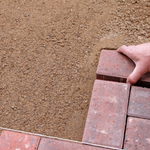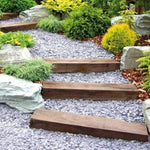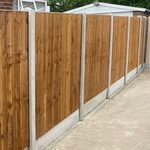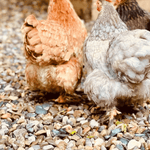What is World Bee Day?
The purpose of World Bee Day is to raise awareness of the importance of bees and beekeeping!
Honeybees, bumblebees, soldier bees, carpenter bees, mason bees, sweat bees and several thousand others are essential to sustain our lives! One-third of the plants that provide us with food, especially vegetables and fruits, are pollinated by bees.
Without bees, our agricultural world would be destroyed. However, as we build more cities and try to produce more food through intense agricultural practices, the bees are deprived of their habitat and food sources. The use of pesticides and other environmental pollutants are killing them off too.
We can do our best to protect the environment and ensure our food supply by welcoming these pollinators into our garden!
How can you help?
Plant single flowers
Most double flowers are of little use, as they’re too elaborate. Some are bred without male and female parts, while others have so many petals that bees can’t get to the nectar and pollen. So, single dahlias and other single blooms are popular with many bees, while doubles are usually ignored.
Dandy's Wild Flower Seed mix is native to the UK and only £9.99 for a 50g bag!
Go Purple!
Bees can see the purple more clearly than any other colour, so grow lots of purple plants, such as lavender, alliums, buddleja and catmint. That said, flowers of other colours will still attract bees, so don’t go pulling them all up! You can prolong the flowering of many plants by deadheading them.
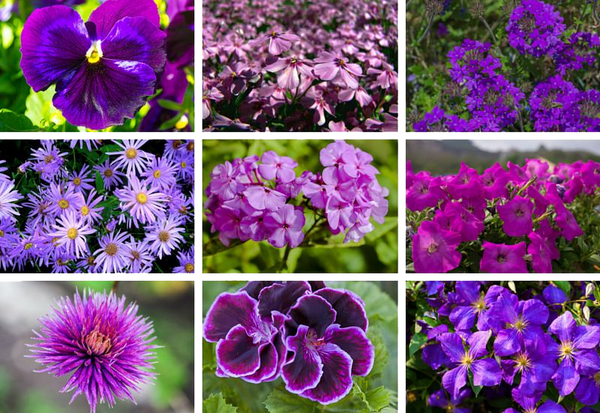
Plant flowers for all seasons
It’s vital you provide flowers throughout the year. Bees are most active from March to September, but over winter queens and workers may emerge on warmer days.
Bee safe
Reduce or (if you can) stop using pesticides altogether. Garden chemicals containing the neonicotinoids thiacloprid and acetamiprid, which are still approved for home garden use, are available at most garden centres and DIY stores so always read the label! Neonicotinoids are especially affect bees internal "sat-nav".
Create an insect house
Add an insect house to your garden to provide nesting sites for solitary bees and insects. Make your own but ensure it has a waterproof roof, or invest in a ready made bee hotel!
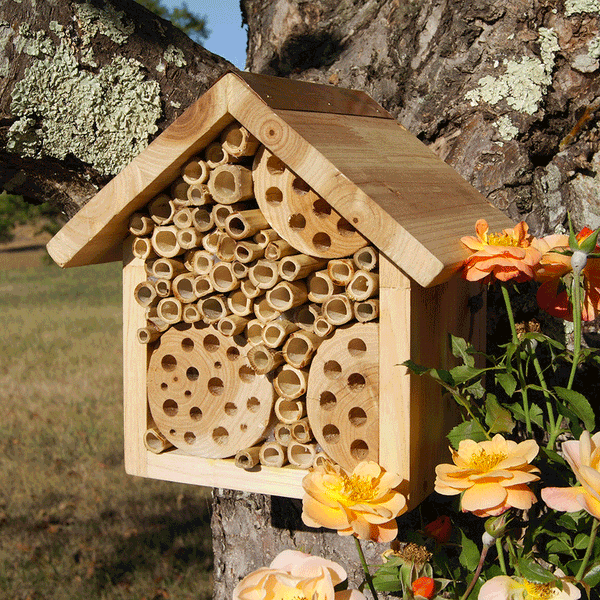
Put out water
Bees need to drink and evaporate water to cool their hives. They collect water droplets, such as the morning dew on leaves, but they drown in water bowls, so fill the bowl with pebbles or marbles to provide a surface for them to drink from.

